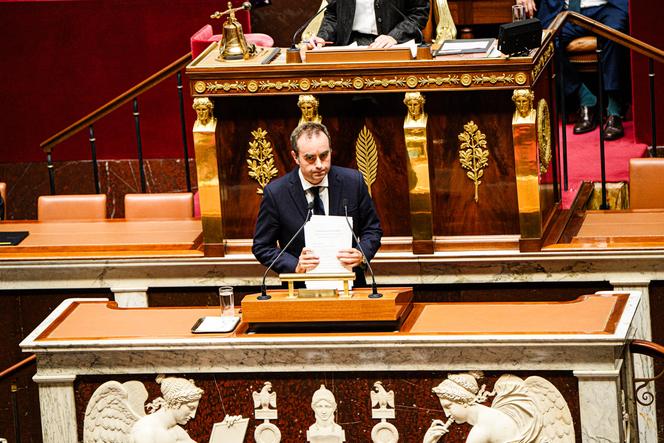


At the end of his government policy statement on Tuesday, October 14, Sébastien Lecornu's voice suddenly grew more serious. His tone became more martial. If the lawmakers before him could not reach an agreement on the budget bill by the end of the year, he said, "the only ones who would welcome a crisis or a budgetary breakdown are not friends of France," invoking the somewhat nebulous specter of "anti-France." Shivers and applause ran through the chamber, especially on his right.
The threat of a no-confidence vote receded with his announcement that he would suspend the raising of the retirement age, as the Socialists had demanded. The risk of the country entering 2026 without a budget also receded. In financial markets, those gambling on further turmoil calmed down – France's friends and foes alike. Within a few hours, the premium investors were demanding to hold French debt over German bonds fell by 7% after nearing record highs.
Despite repeated political upheavals, a budget may well still be adopted and enacted by the end of December. But what kind of budget? Hard to say. The draft, which was finally unveiled on Tuesday after being delayed a week beyond the legal deadline, was merely an initial outline, as the prime minister himself acknowledged. It was "a starting point," but "certainly not the endpoint," Finance Minister Roland Lescure later said to members of the Assemblée's Finance Committee. This first draft was financially ambitious and consistent with Macronist doctrine, but strikingly fragile.
You have 79.41% of this article left to read. The rest is for subscribers only.
